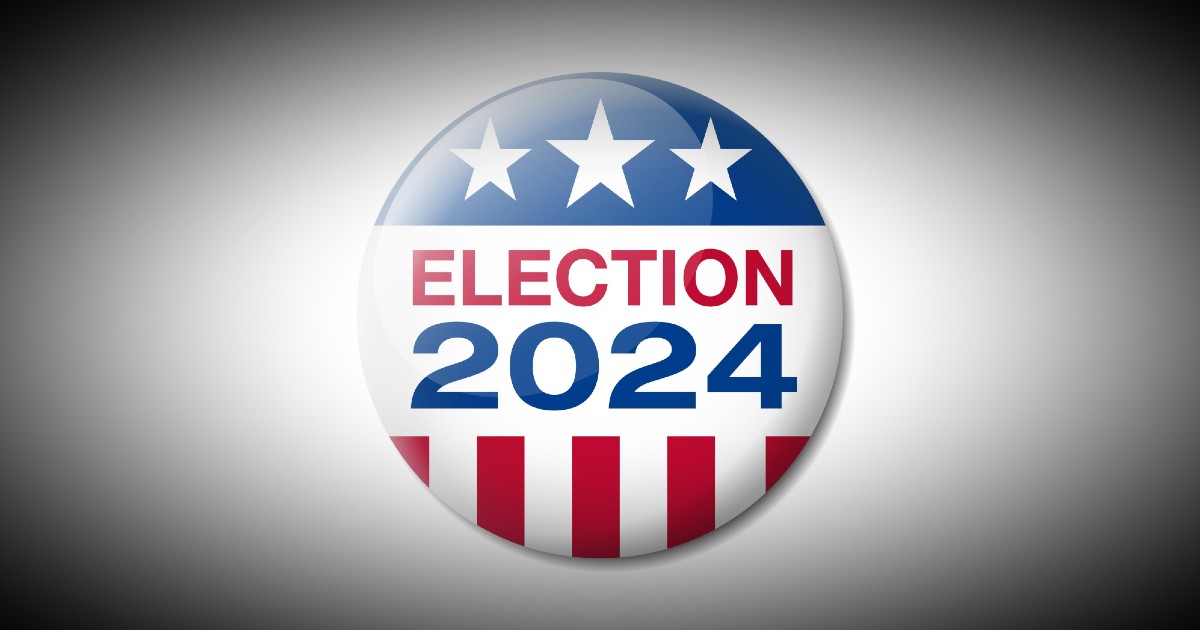The Iowa Republican Caucuses took place on Monday with former President Donald J. Trump winning with 51.0% of the vote. Trump was followed, at a notable distance, by Florida’s Ron DeSantis with 21.2% and Nikki Haley with 19.1%.
The caucuses saw strong support for Trump from White evangelicals and very conservative voters, key voting blocs in these caucuses. The results were called fairly early in the evening by The Associated Press, with Trump securing 20 delegates, out of over 2,400 nationwide.
The Iowa caucuses are the first measure of how the Republican field stacks up in the 2024 primary.
They are remarkably important as they provide an early indication of the candidates’ standing within their party.
While the results can offer insights into the candidates’ support base and momentum, it’s essential to note that the caucuses only represent a small percentage of the total delegates nationwide. The caucuses are also significant as they reflect the demographic makeup and preferences of the Republican Party, particularly in terms of religious and blue-collar voters.
Yet, as attorney Lauren Scardella points out, “Anyone who believes that the Iowa caucuses are an unfailing bellwether of who will be the next president needs to take a closer look at history.”
The reality is that the Iowa caucuses have a mixed track record in predicting the eventual president. Since 1972, more than half of the candidates who won the Iowa caucuses have gone on to win their party’s nomination, but only three have been elected president: Jimmy Carter, George W. Bush, and Barack Obama.
Iowa Democrats have a more accurate record of predicting their party’s nominee, with seven out of the past nine contested Democratic races correctly predicting the nominee. On the other hand, as the Des Moines Register has pointed out, Iowa Republicans have been less accurate, with the caucuses predicting the party’s nominee only four out of the past eight contested races.
Since 2000, each of the Democratic candidates who won in Iowa have become their party’s nominee, while no Iowa Republican caucus winner has gone on to represent the party in a general election since George W. Bush in 2000.
This predictive disparity has nothing to do with the comparative strength of either party. A dynamic involving several factors is at play here, including the demographic makeup of caucus participants, the dynamics of the Republican primary field, and the specific campaign strategies employed by candidates in each party.
Where we go from here is, of course, New Hampshire, where the primary is scheduled for next Tuesday, the 23rd.
As for the polls, former President Trump has been leading the Republican race in New Hampshire.
but his lead has narrowed. A recent poll by Emerson College Polling/WHDH shows Trump leading with 44% support, down from 49% in November, and Haley at 28%, up from 18% in November.
A FiveThirtyEight average of recent polls puts Trump at 37% and Haley at 33%, which indicate a competitive race in New Hampshire, with Haley gaining ground on Trump. One of the political things that the past decade has taught us about polls is that we are well-advised to trust our gut reaction in reacting to them. The FiveThirtyEight average doesn’t pass my gut test – it would be very surprising if Trump’s margin of victory in New Hampshire were even close to ten percent.
One interesting wild card from last night in Iowa is the withdrawal by Vivek Ramaswamy, which many expect will help propel former President Trump to a New Hampshire win next week by a wider margin. Ramaswamy dropped out of the race by a very disappointing yet wholly unsurprising fourth-place finish, with a mere eight percent of the vote.
About Aron Solomon
A Pulitzer Prize-nominated writer, Aron Solomon, JD, is the chief legal analyst for Esquire Digital and Today’s Esquire. He has taught entrepreneurship at McGill University and the University of Pennsylvania, and was elected to Fastcase 50, recognizing the top 50 legal innovators in the world. Aron has been featured in Newsweek, Fast Company, Fortune, Forbes, CBS News, CNBC, USA Today, ESPN, Today’s Esquire, TechCrunch, The Hill, BuzzFeed, Venture Beat, The Independent, Fortune China, Yahoo!, ABA Journal, Law.com, The Boston Globe, and many other leading publications across the globe.






















